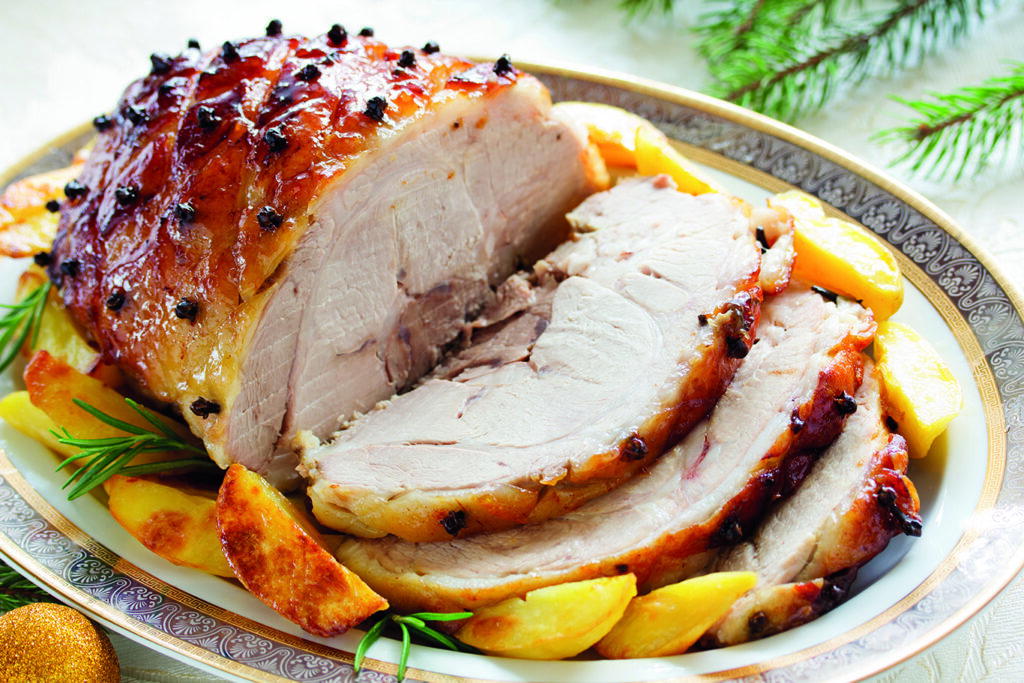European pork prices have risen to their highest level since 2013 as supply tightens while demand continues to climb, according to research from Rabobank.
Pork processors in the EU have been buoyed by the emergence of new dynamics in the global pork trade. These include the recently announced trade pact with Japan, as well as the developments surrounding the US’s decision to renegotiate NAFTA and KORUS.
The Economic Partnership Agreement between the EU and Japan, agreed in principle at the start of the month, offers Europe’s pork industry a significant opportunity to increase exports to the country over the coming years. Key benefits to EU exporters will include the 4.3% duty for high value pork cuts phased out, and a 5-10% reduction in tariffs.
The global food and agribusiness bank’s report details the decline of exports to China and Hong Kong, which are down 15% year-on-year, as the current high prices in Europe make the market less competitive.
While Rabobank expects prices to reach their peak during Q3 2017 (12% up year-on-year), it also anticipates that sales will soften towards the year’s end.
It also anticipates decline in production for the full year, reflecting the reduction in the herd recorded during 2016.
Justin Sherrard, global strategist in animal protein at Rabobank, said: “Supply chain stability and product assurance have again seen Europe’s pork industry remain stable where some others have faltered.
“Japan is the second largest destination for EU pork exports, so the agreement of the partnership should spell more good news for suppliers. Exports to the country have grown steadily in recent years, and in the face of Russia’s announcement of further sanctions, will be welcomed by the industry.”
Europe’s producers will be worried about the slowdown in its pork sales to China, its largest market, as its share in its total exports declined from 72% in the first five months of 2016 to 65% in 2017.
Russia was also a key export market for European pork until sanctions were imposed in 2014 following biosecurity issues in eastern Europe, which were subsequently compounded by trade restrictions following the annexation of Crimea. This month, Russia announced the sanctions would remain for at least another year.




